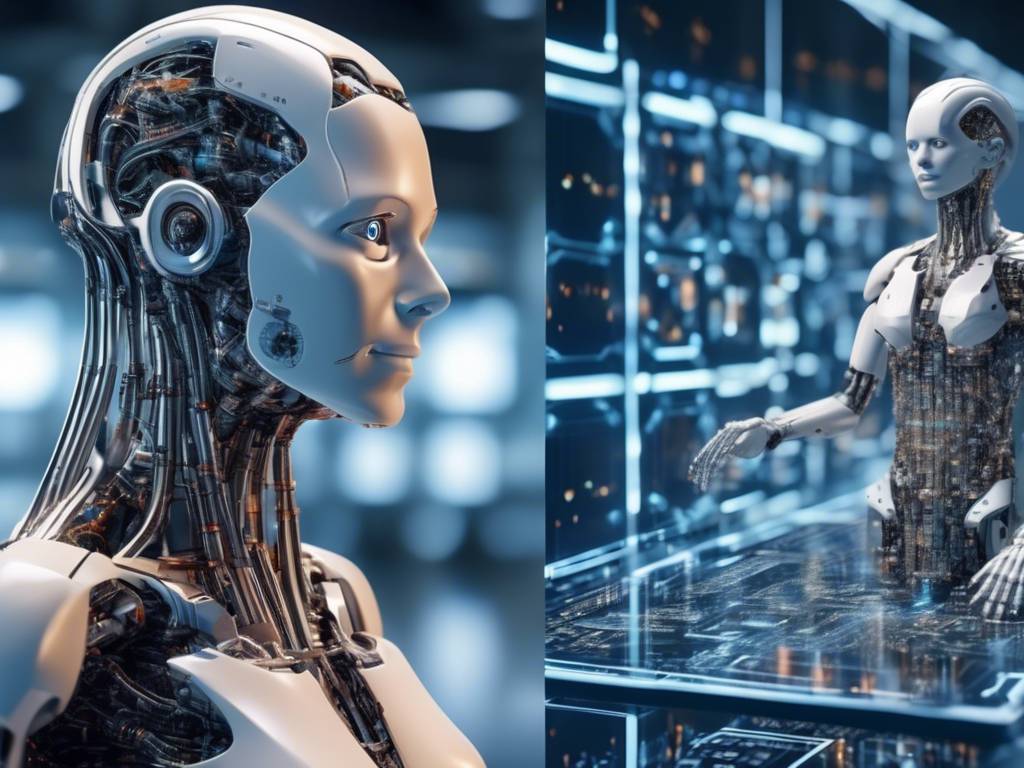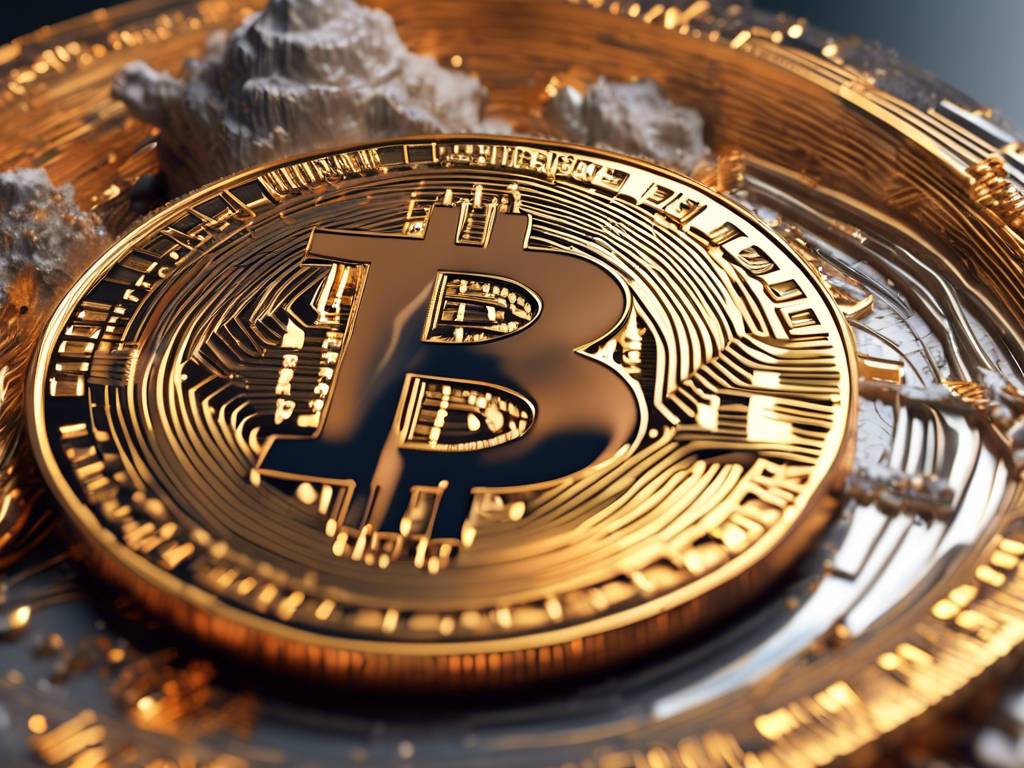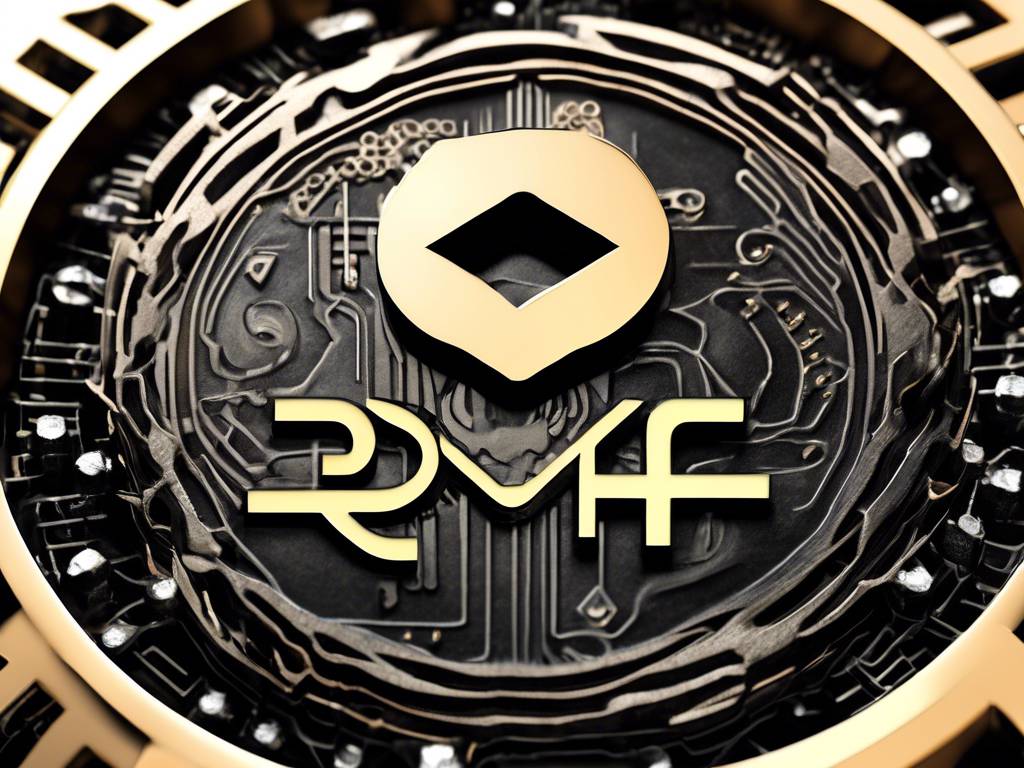Understanding the Impact of Artificial Intelligence on Society 🤖
Artificial intelligence is revolutionizing various industries, leading to increased productivity, profitability, and potential job disruptions. As a cryptocurrency enthusiast, it’s essential to grasp the implications of AI on the economy and society as a whole. Let’s delve into how AI is reshaping our world and the regulatory measures being considered to manage its risks effectively.
The Rise of AI in Businesses and Society 🚀
- AI technology is driving labor productivity gains in various sectors.
- Companies like Klarna are leveraging AI assistant tools to boost profits significantly.
- OpenAI’s systems, powering products like ChatGPT and Sora, are gaining traction in the market.
Early adopters of AI are witnessing remarkable outcomes, but this technological advancement also raises concerns about its widespread impact on jobs and the overall workforce. Let’s explore how policymakers are navigating this transformative landscape.
Government Initiatives to Address AI Challenges 🏛️
- Congress has engaged in discussions with tech leaders like Sam Altman from OpenAI to understand AI risks.
- The White House has secured commitments from industry leaders to manage AI-related risks effectively.
- The Senate Task Force on AI has passed several bills focused on AI research and risk assessment.
- However, the US regulatory framework lags behind the EU in terms of AI governance.
As the adoption of AI accelerates, policymakers are grappling with the need for regulatory oversight to balance innovation with risk mitigation. Let’s delve into the potential implications of AI on the job market and the economy as a whole.
AI’s Impact on Jobs and the Economy 💼
- Economists predict that AI adoption could disrupt a significant portion of white-collar jobs in advanced economies.
- New York lawmakers have proposed robot taxes to mitigate tech-driven layoffs and protect workers.
- Experts suggest that robot taxes should be implemented at a relatively low rate to incentivize innovation while protecting jobs.
As AI continues to evolve, discussions around the future of work and the role of automation in society become increasingly critical. Understanding the nuances of AI regulation and its impact on different industries is key for crypto enthusiasts seeking to stay informed and engaged in the ever-changing landscape.
Hot Take: Navigating the AI Revolution 📈
As you explore the intersection of artificial intelligence and society, keep a close eye on how policymakers are responding to the evolving AI landscape. Understanding the potential implications of AI on jobs, innovation, and economic growth will be crucial for shaping a sustainable future for all stakeholders.





 By
By
 By
By
 By
By

